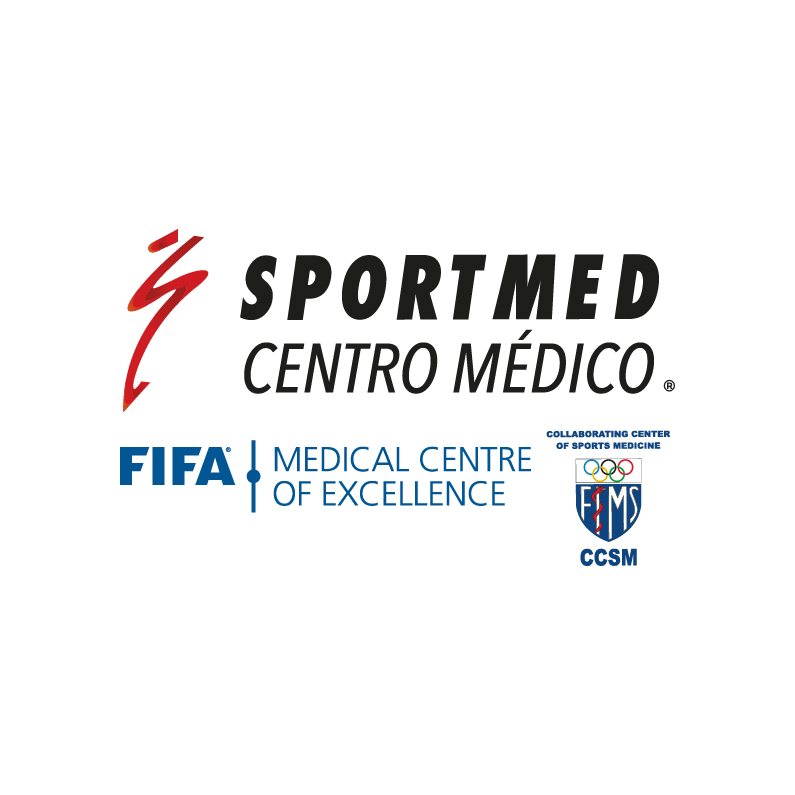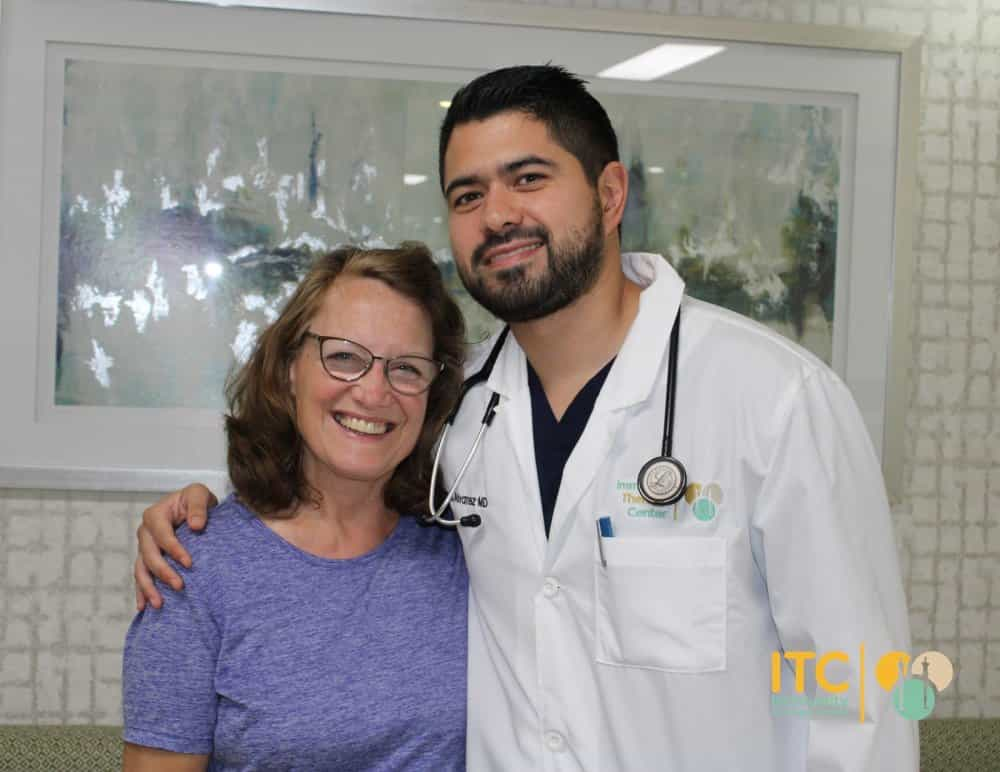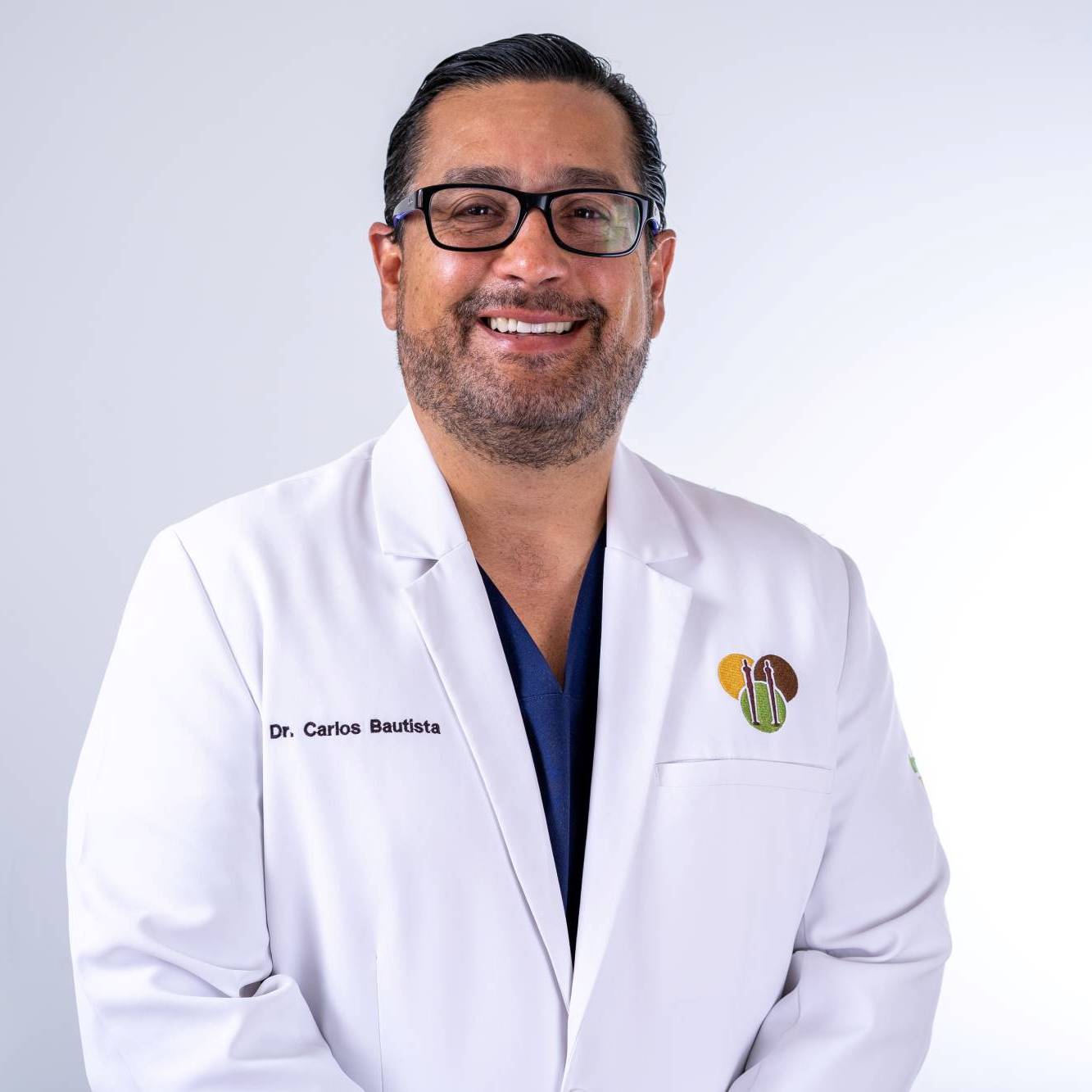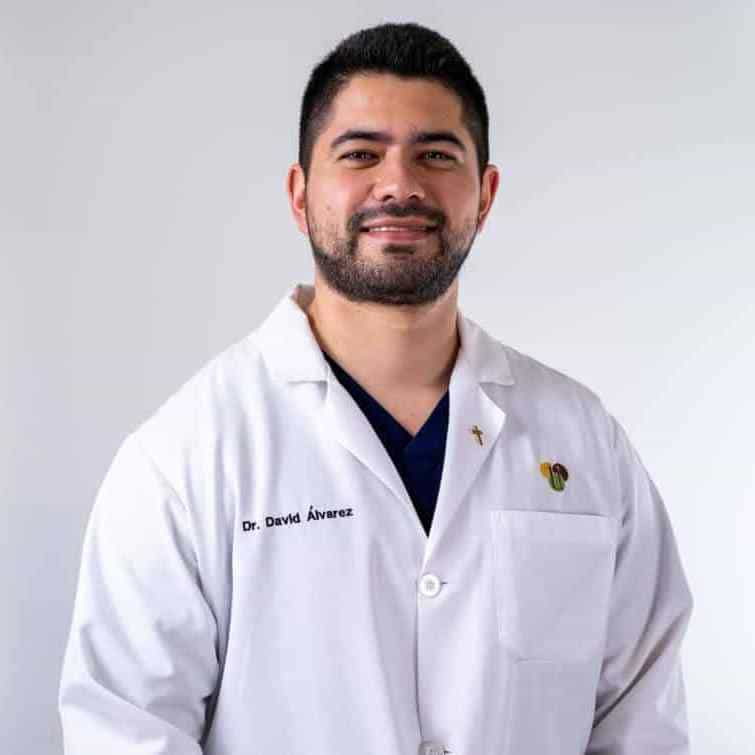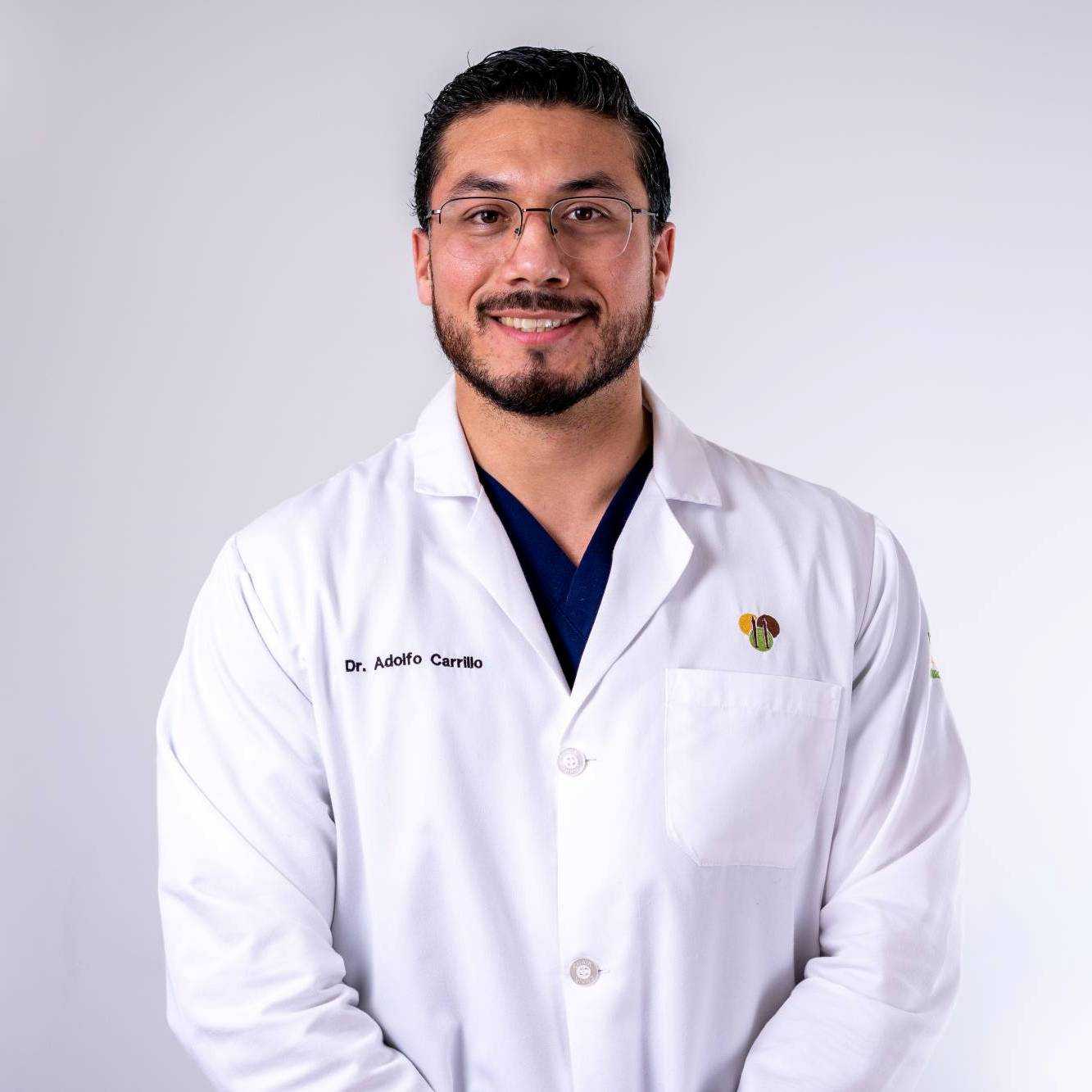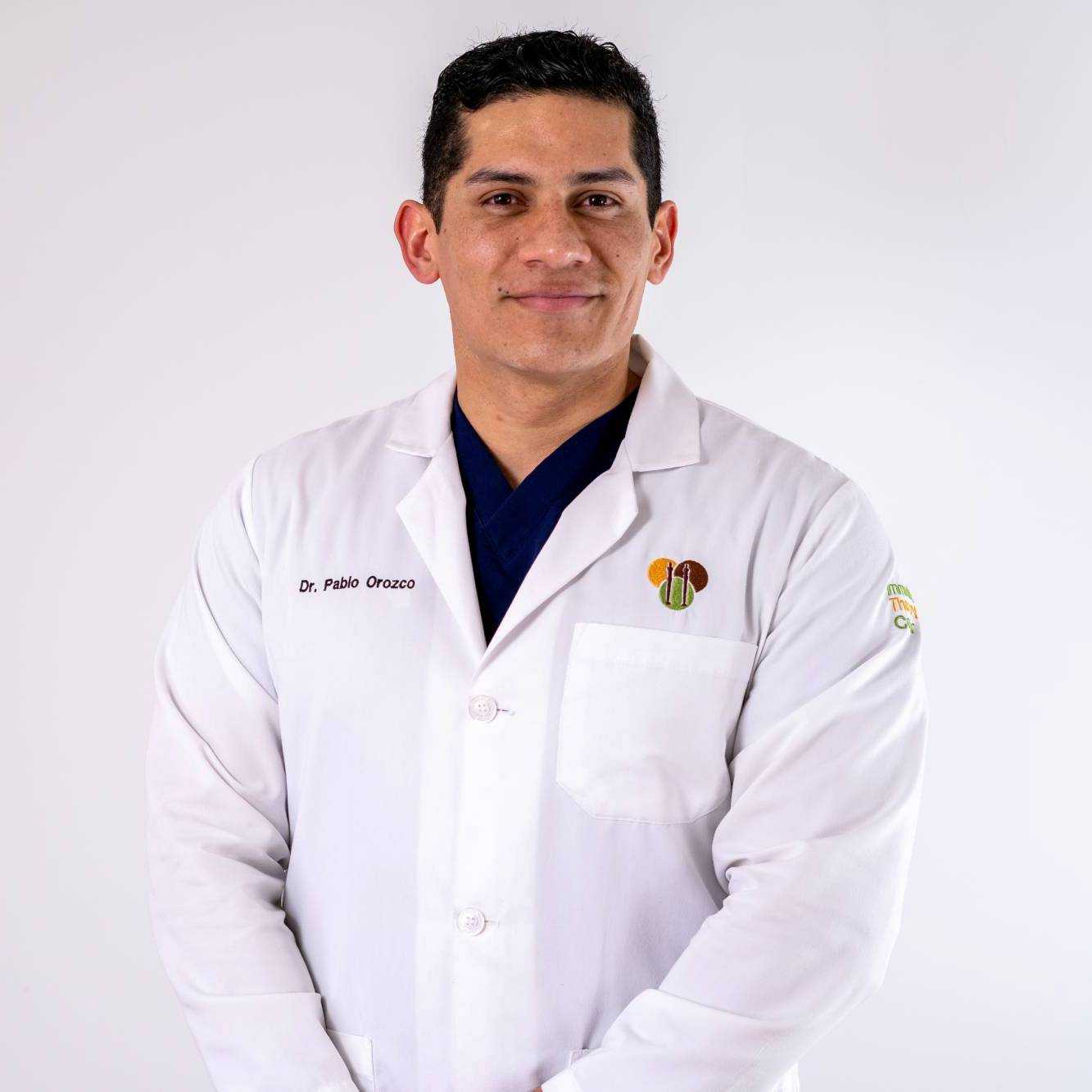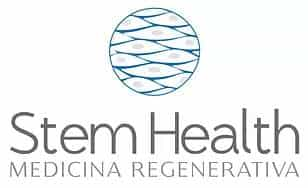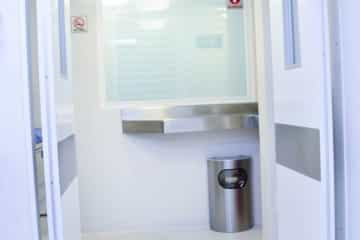Benefits Of Autologous Neural Stem Cells
Overview
Stem cells and stem cell research have long been studied to help provide relief of symptoms and potential cures for neurodegenerative diseases such as Parkinson's disease. The use of adult stem cell therapy has grown in popularity, surpassing even traditional embryonic stem cell research methodology is. Autologous stem cells are those harvested from individual patients suffering from a disease process such as Parkinson's, which do not carry with them the risk of rejection, as do organs or cells transplanted from other individuals into that patient.
Stem Cell Treatment Studies
Adult stem cells are known as undifferentiated or multipotent cells capable of producing different blood cells. That means that they haven't specifically developed or grown into a specific type of tissue or organ. Adult stem cells can renew themselves and grow into become just about any type of specialized cell, tissue or organ tissue.
Neural stem cells are multipotent cells that self-renew or self generate. Neural stem cells that may be generated from a patient's own bone marrow or nerve tissues may be used to treat a variety of traumatic brain injuries, damage caused by strokes, or neuro-genetic disease processes such as those commonly found in Parkinson's or Alzheimer's disease patients.
Neural stem cells may be harvested from the bone marrow as well as various areas of the brain and central nervous system. Recent studies, including those described in The Open Stem Cell Journal 1, 20-29, February 2009 stated that autologous adult stem cells were able to relieve Parkinson's patient symptoms for almost five years.
Stem cells 24, 781-792, March 2006, reported that the use of stem cells derived from umbilical cord stem cells and used to treat rats with Parkinson's determined "significant recovery in motion and behavior".
In Japan, researchers from Kyoto University successfully treated mice with Parkinson's disease by transplanting "nerve cells developed from their own bone marrow stromal cells." Journal Of Clinical Investigation 113: 1701-1710, 2004
Research and technology regarding the use of autologous neural stem cells to treat symptoms of Parkinson's disease, improve mobility and quality of life for patients continues around the world. Individuals from the United States, as well as Parkinson's patients from around the world, increasingly travel to destinations such as Mexico, the Ukraine, South Korea, Asia, and South America for promising stem cell treatments.
How Much Do Stem Cell Treatments Cost?
Stem cell treatments and procedures have not yet been approved in the United States, though several clinical trials are currently underway. Costs for stem cell treatments are determined by condition and type and location of stem cell therapies utilized.
In the United States, Parkinson's patients may spend an average of $2,500 to $3,000 every year just for medications. Stem cell therapies and treatments around the world average approximately $21,500, again depending on the type of stem cell as well as its use.
The Future in Stem Cell Research
Today, stem cell based treatments are not yet within the basic standard of care for all disease processes, and that includes Parkinson's disease. However, stem cell treatments and therapies are common in stem cell transplants, especially in patients suffering from leukemia, burns, and specific eye disorders. With each new discovery, new technologies, protocols and procedures will be developed, tested and made available.
Individuals seeking stem cell therapies and treatments, most especially in the treatment of symptoms of Parkinson's another neural muscular disorder and disease processes must carefully research the efficacy of autologous neural stem cell technologies and treatments to treat specific Parkinson's disease degenerative processes and symptoms.
Please Click here to request more information about Stem Cell Treatment



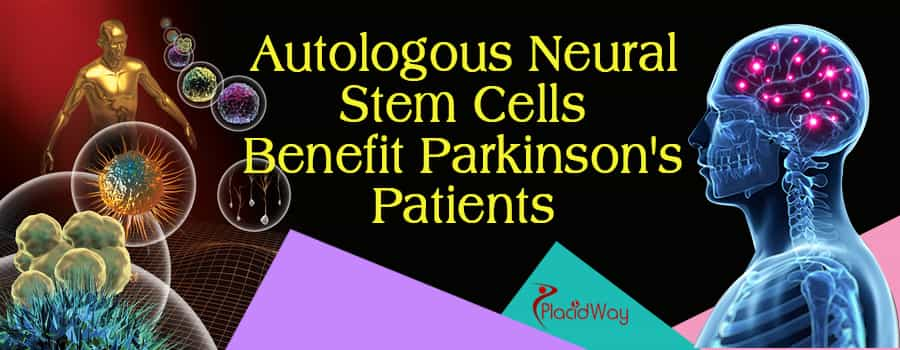



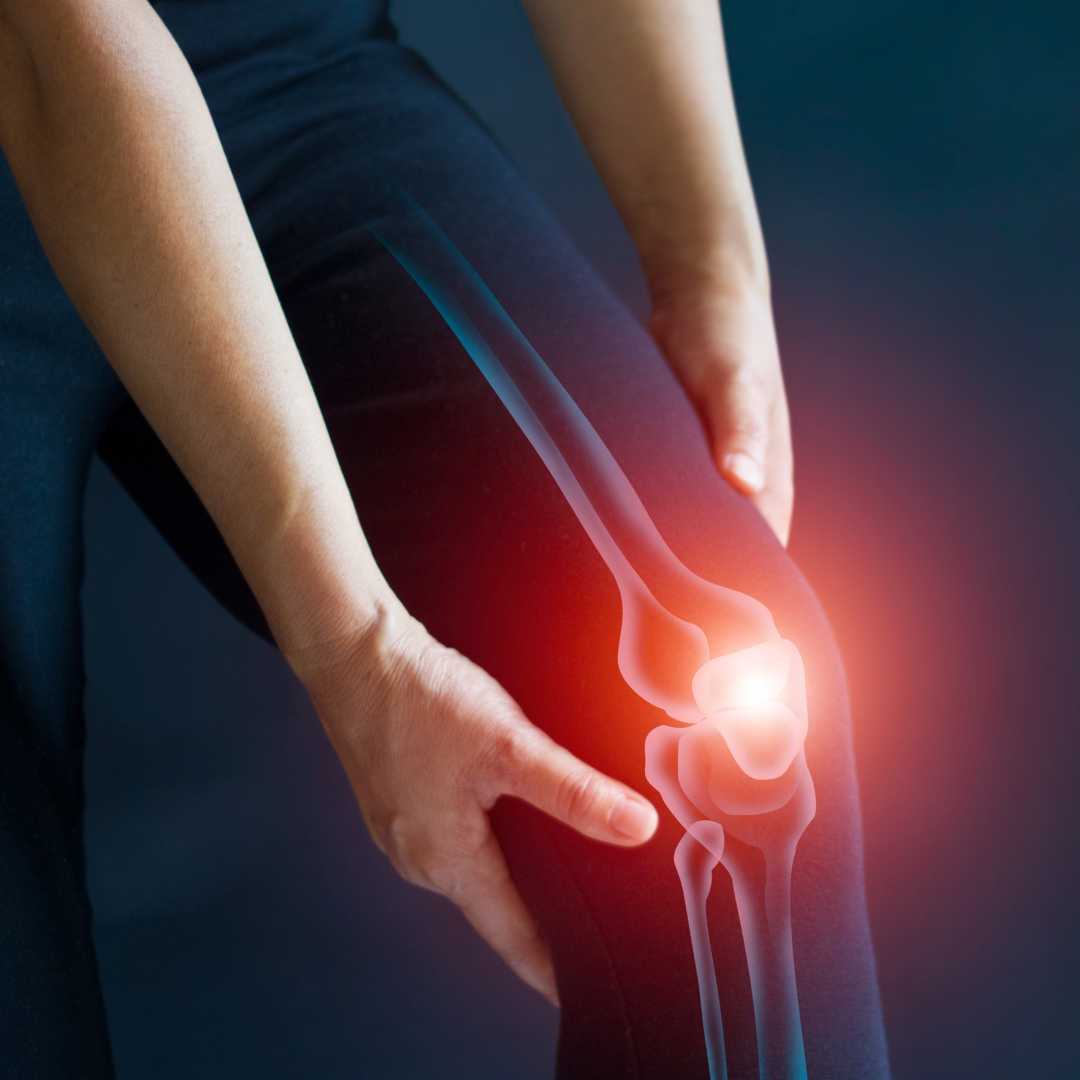



.png)
.png)

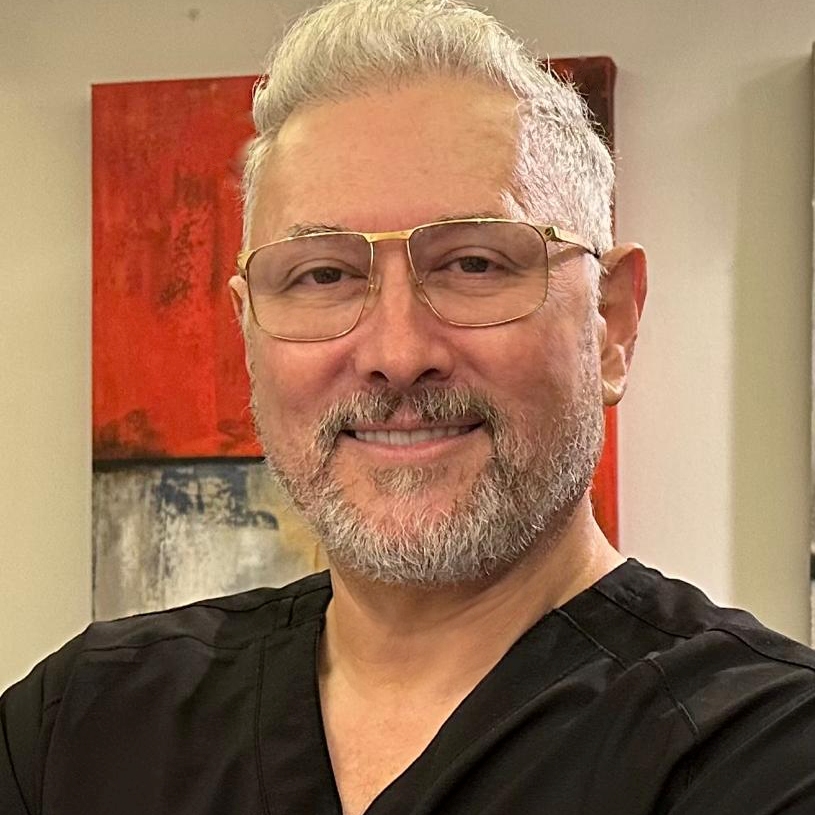
.jpeg)
